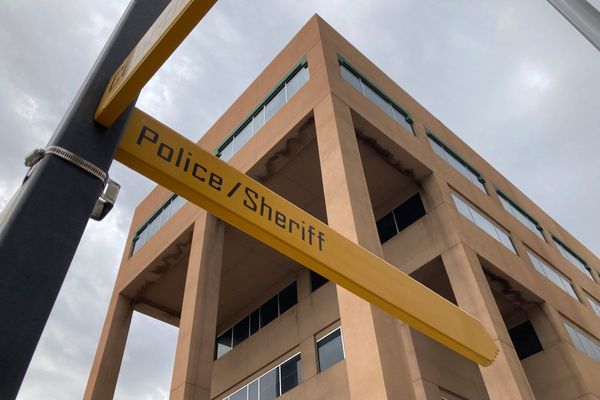Despite specific instructions and operational guidelines issued by the Health Ministry to help persons with rare diseases in India, families of these persons in a letter to Health Minister Mansukh Mandaviya, earlier this week, said that as per records available, none of the eight Centres of Excellence (CoEs) – which are to carry-out the protocol — have even started the process to provide support for life-saving therapy for the patients.
“It has been close to a month since the Ministry of Health and Family Welfare released the operational guidelines, giving clear instructions to the CoEs on Rare Diseases to start treatment for all eligible patients, but to no avail,’’ said Rare Diseases India Foundation (RDIF), a coalition of patient support groups in India, in its letter.
The group has sought urgent help stating that the life threatening risks that many of the young patients, primarily children, are facing is a matter of grave concern.
According to conservative estimates made by patient support groups, close to 10 of these children are reported to have lost their lives in the last few months awaiting treatment support.
“Any further delay in this regard is likely to severely impact the health conditions of many others,’’ said Saurabh Singh, co-founder and chairman of the Foundation.
He added that it has been close to 4 months since the Health Ministry committed funding support up to ₹50 lakh for all categories of eligible rare diseases patients. The unending delay on the part of the CoEs has caused serious concern and anxiety to the nearly 350 patients and their families diagnosed with life-threatening rare genetic conditions, including Lysosomal Storage Disorders (LSDs) like Gaucher disease, Pompe disease and MPS I and II diseases.
The Foundation has highlighted the recent untimely demise of an 8-year old rare disease patient in Tamil Nadu due to the delay in treatment.
Patients and representatives of patient support groups have raised their concerns regarding the loss of precious time in starting treatment for eligible rare disease patients.
The communication further adds that an analysis of the crowd funding platform – an initiative of the Health Ministry – reveals that 68 out of the 164 patients diagnosed with ultra-rare genetic conditions, including LSDs could be immediately put on life-saving therapy, thereby reducing risk to loss of lives, and the ongoing anxiety.
“Patients without any institutional support are otherwise left with no option but to wait for the inevitable. Majority of these patients have been diagnosed with Gaucher diseases, for which the Drugs Controller General of India approved therapy is available for many years,’’ the foundation has said.
According to the India’s National Policy for Rare Diseases (2020) — availability and access to medicines are important to reduce morbidity and mortality associated with rare diseases. Despite progress in recent years, effective or safe treatment is not available for most rare diseases. Hence, even when a correct diagnosis is made, there may not be an available therapy to treat the rare disease. There are between 7000-8000 rare diseases, but less than 5% have therapies available to treat them. About 95% rare diseases have no approved treatment and less than 1 in 10 patients receive disease specific treatment. Where drugs are available, they are prohibitively expensive, placing immense strain on resources.
It added that so far only about 450 diseases have been recorded in India from tertiary care hospitals that are globally considered as rare diseases. The most commonly reported diseases include haemophilia, thalassemia, sickle-cell anaemia and primary immuno deficiency in children, auto-immune diseases, lysosomal storage disorders such as Pompe disease, Hirschsprung disease, Gaucher’s disease, cystic fibrosis, hemangiomas and certain forms of muscular dystrophies.







